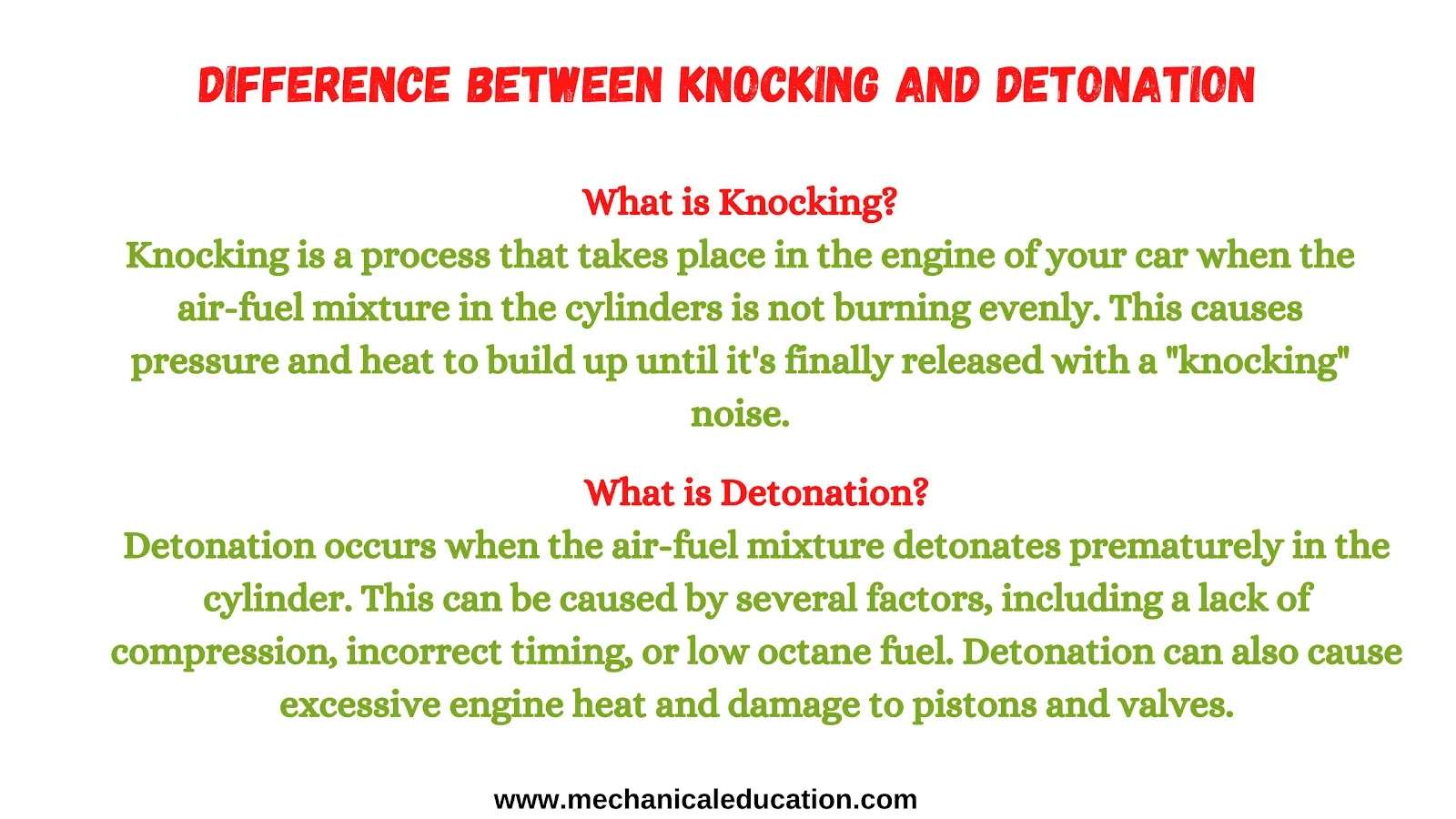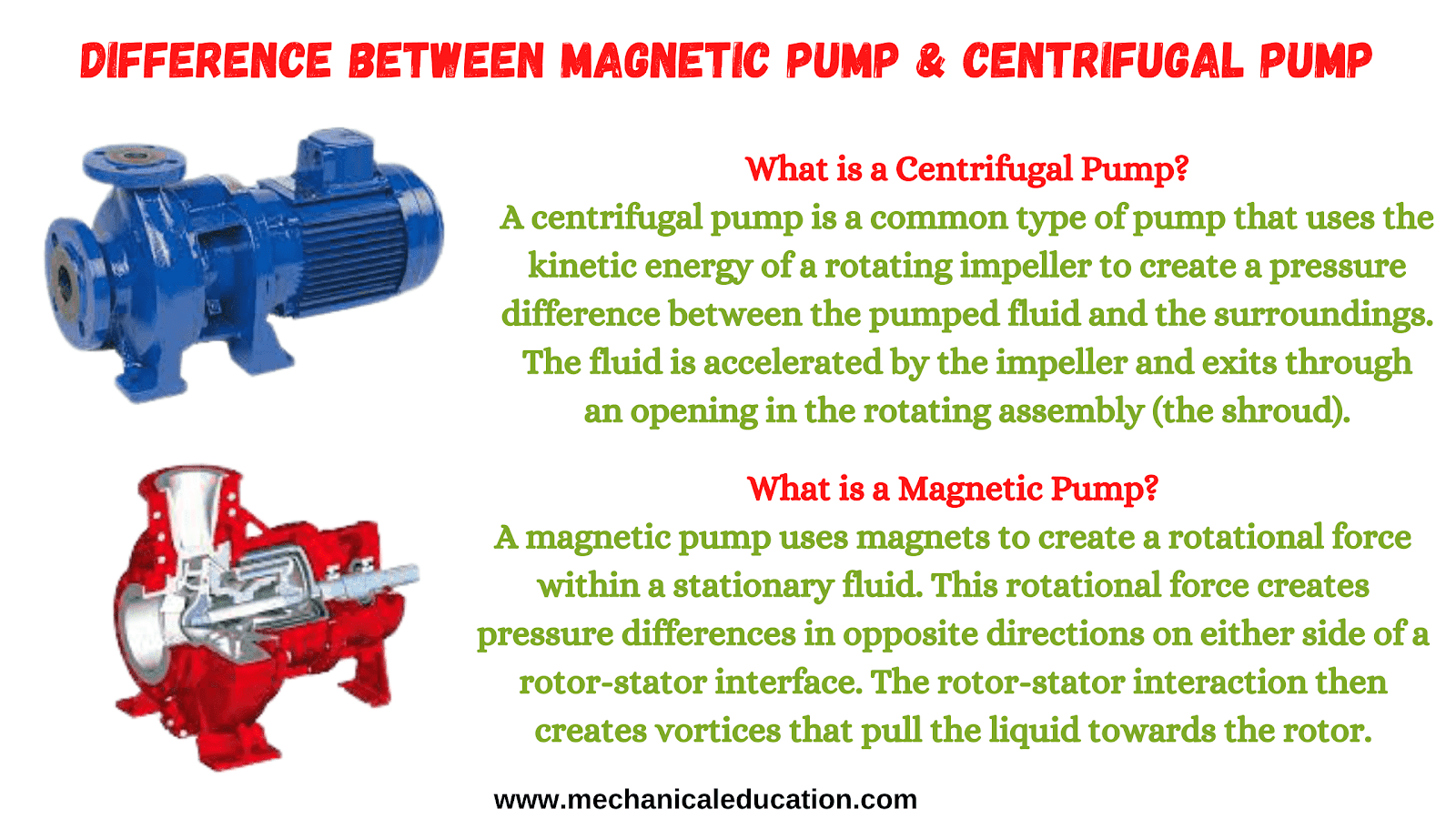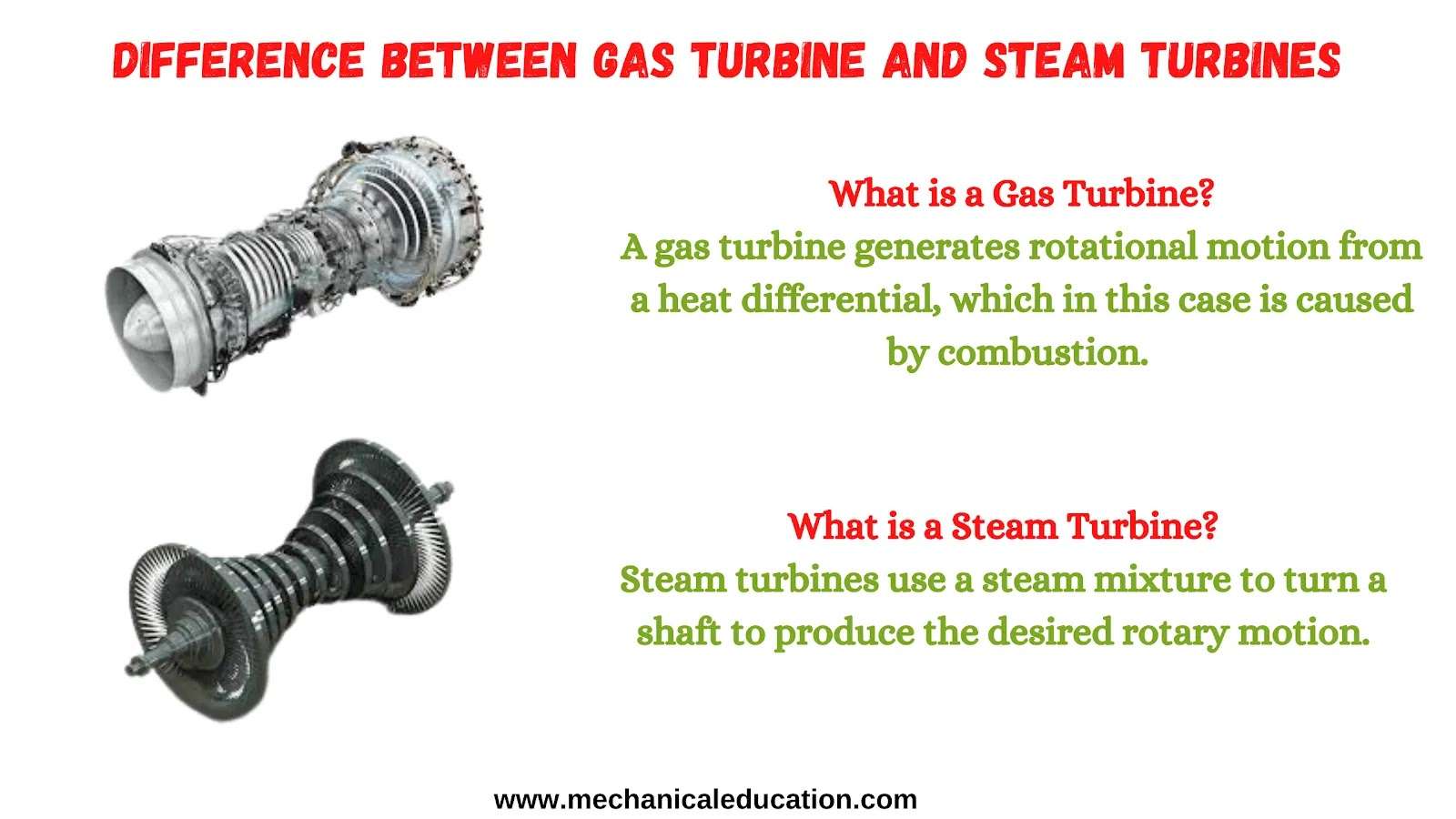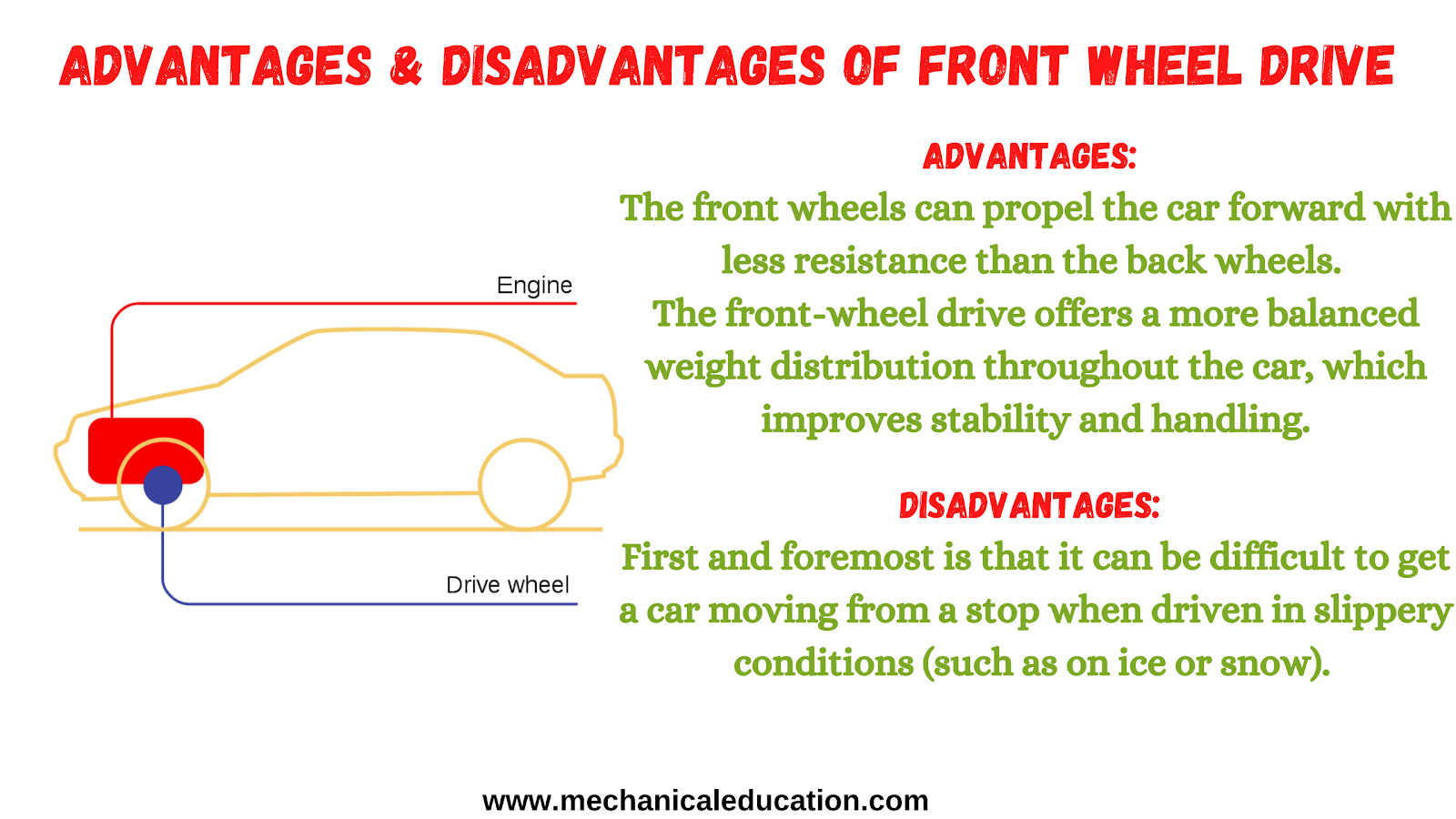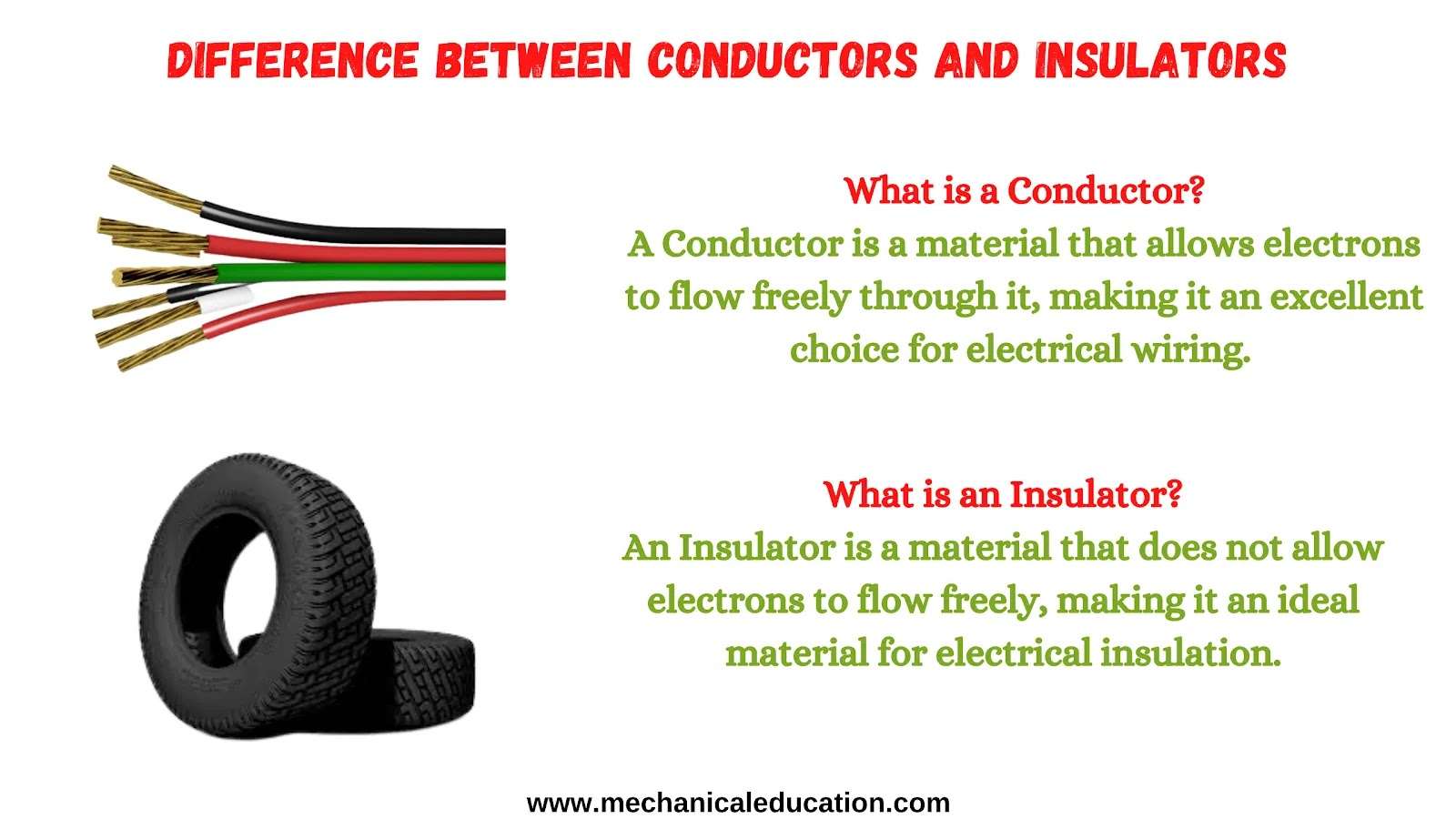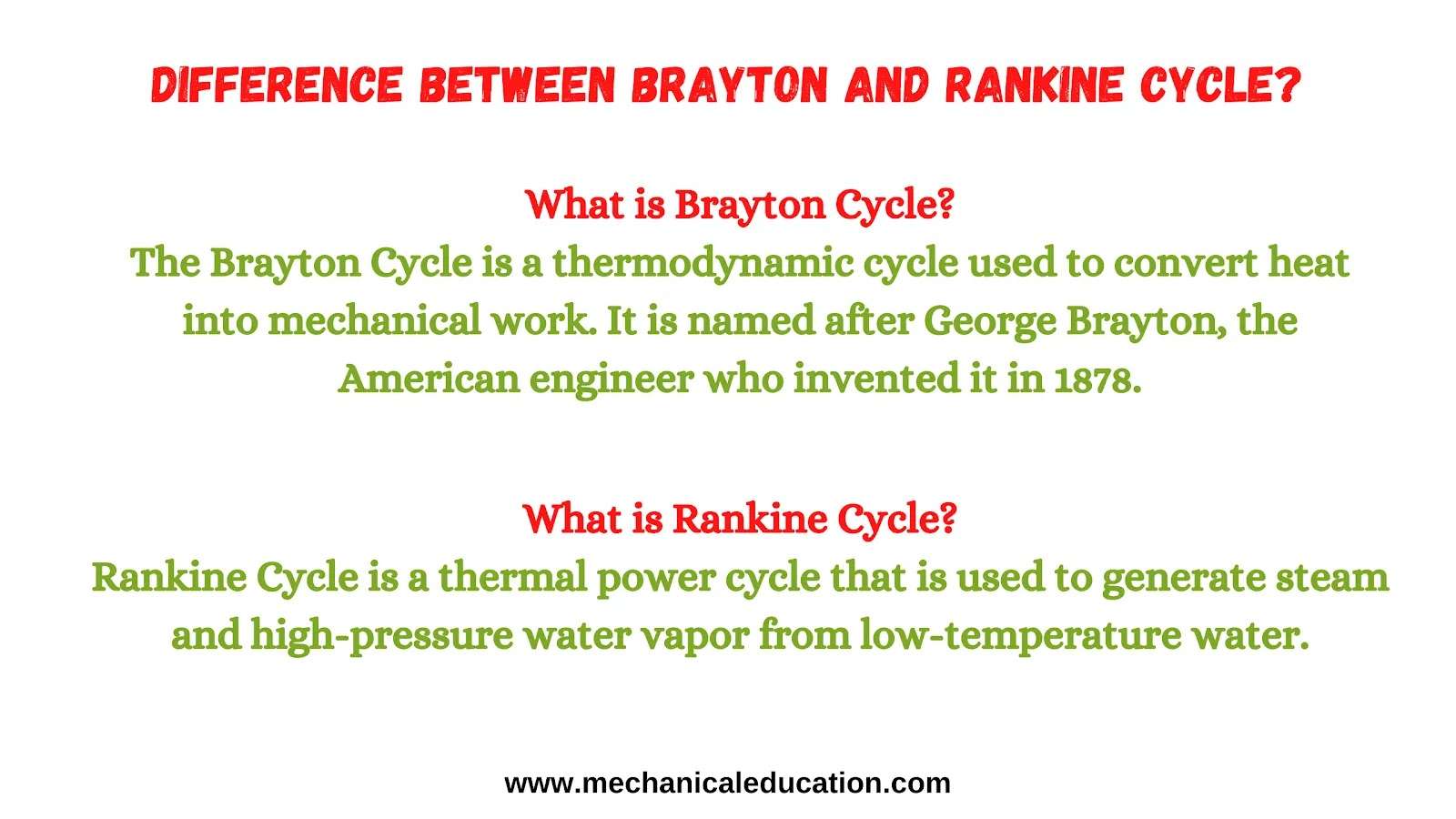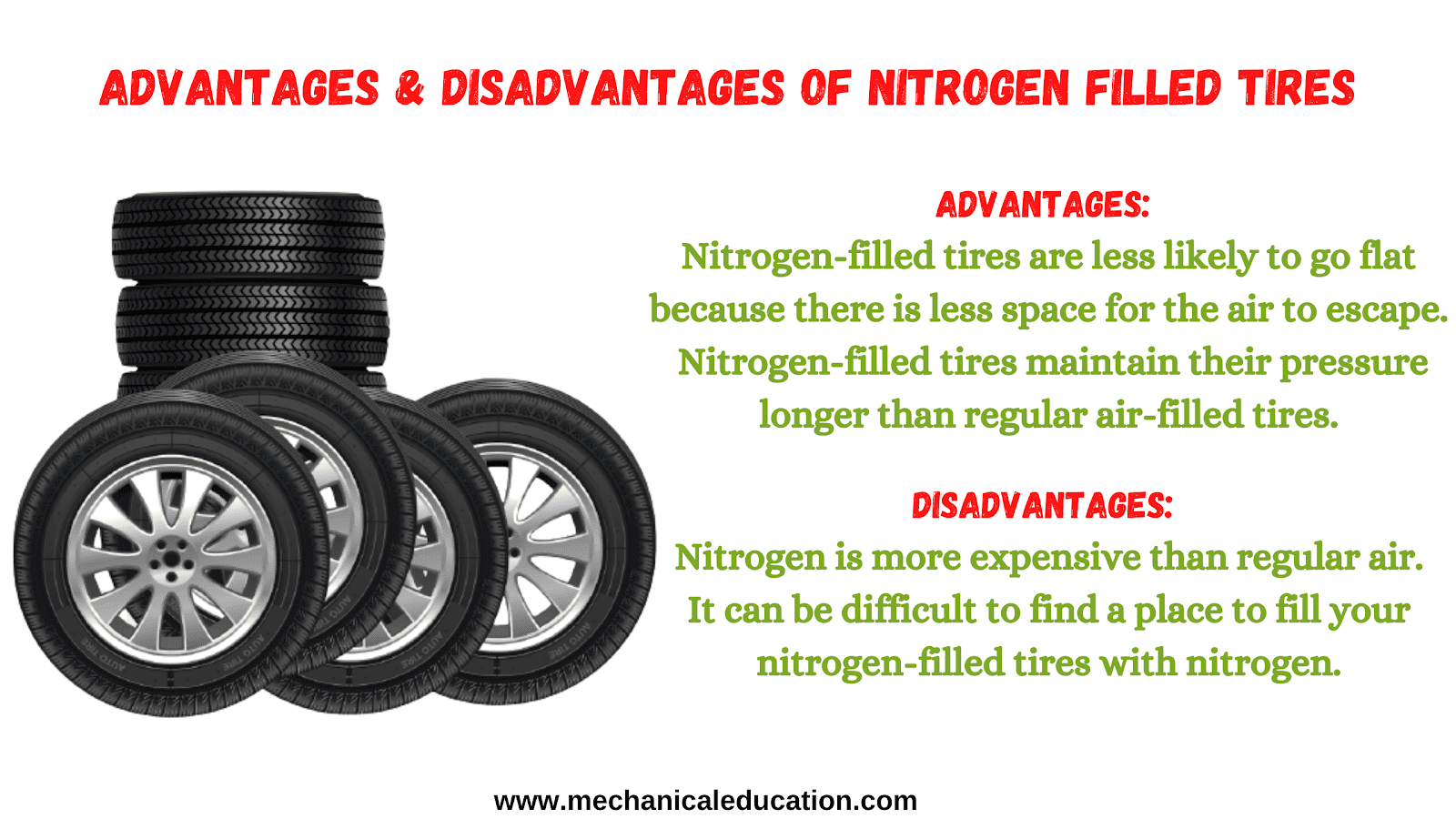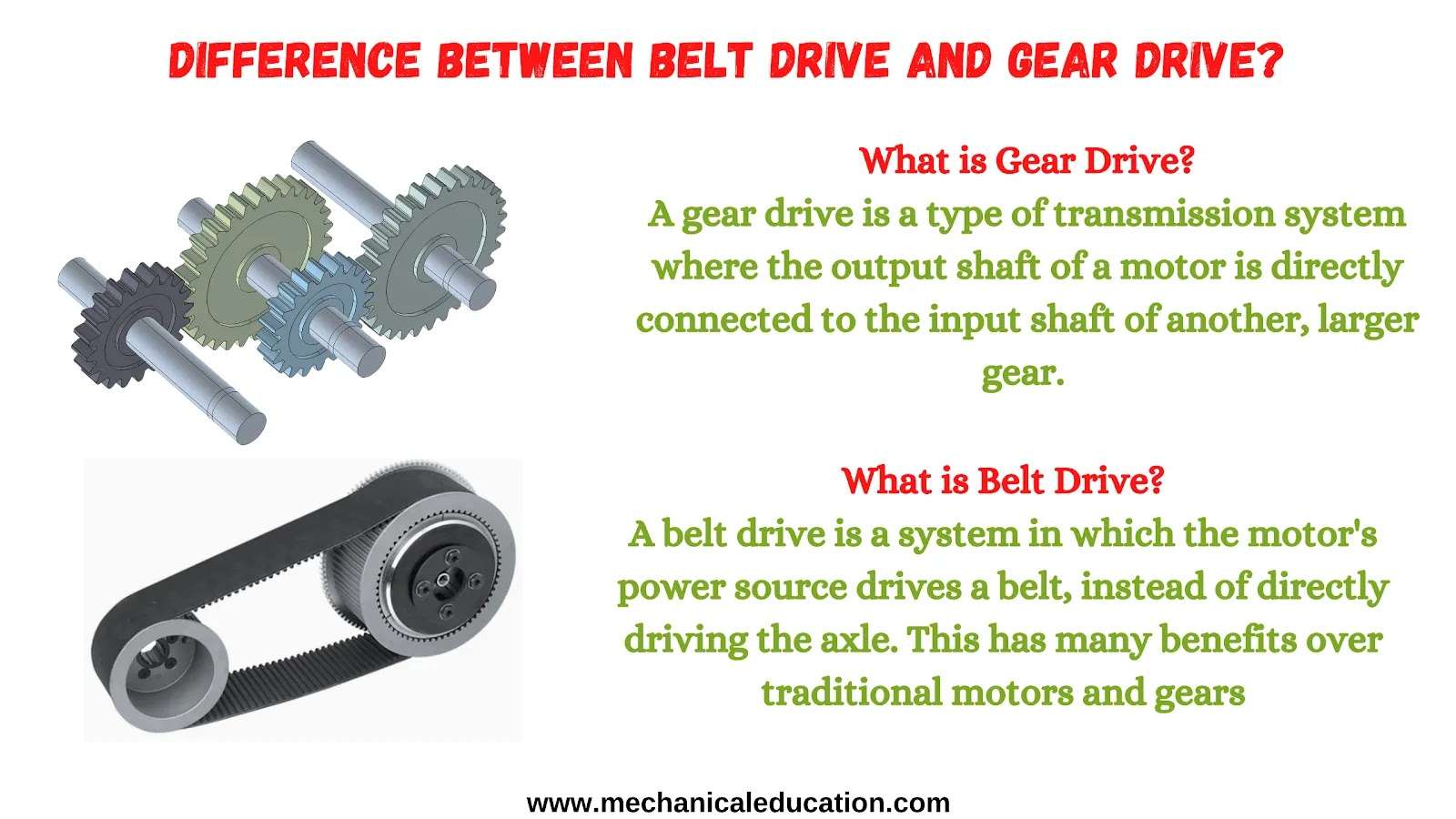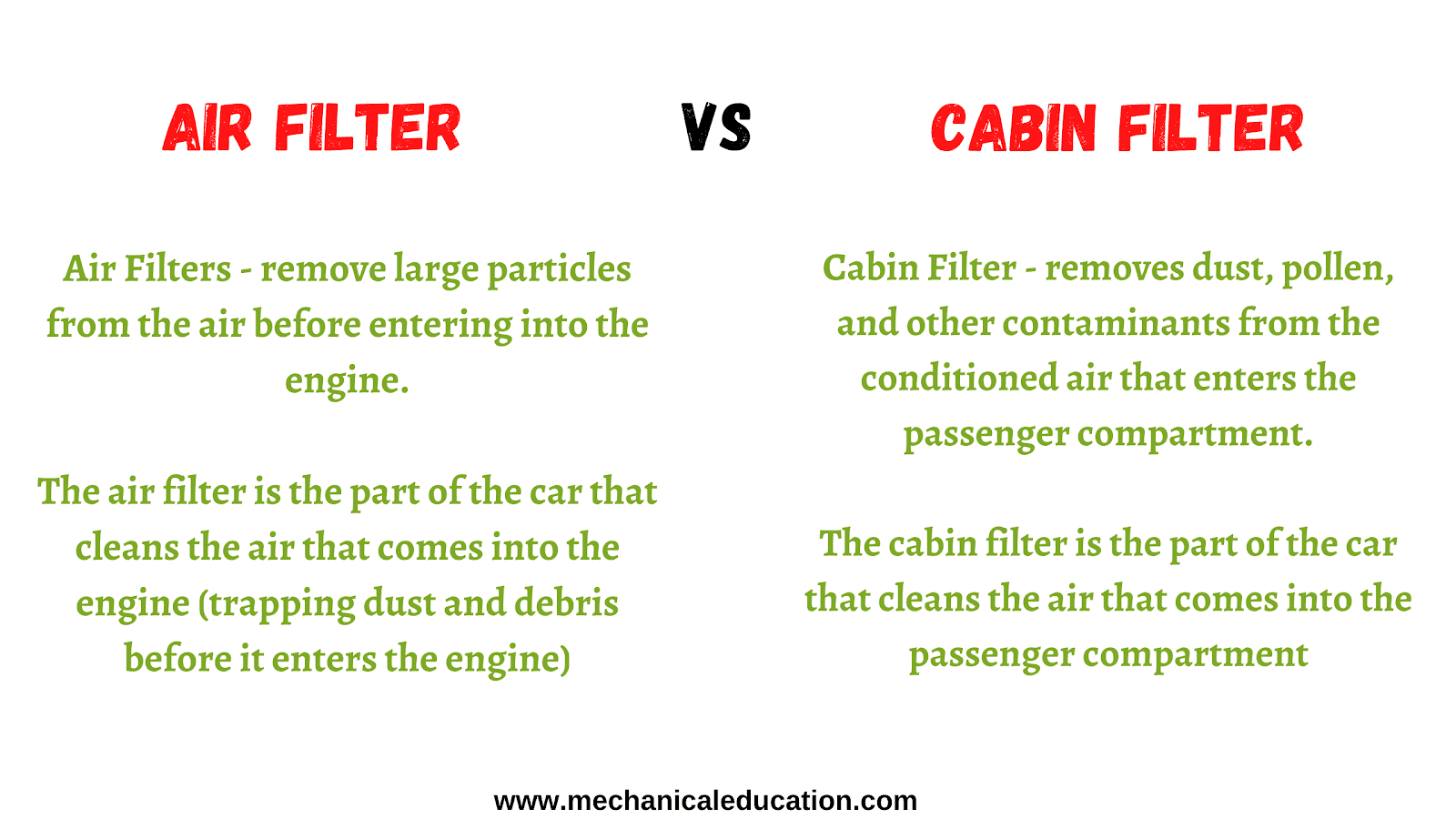Difference Between Knocking and Detonation – Mechanicaleducation.com
Difference Between Knocking and Detonation What is Knocking? Knocking is a process that takes place in the engine of your car when the air-fuel mixture in the cylinders is not burning evenly. This causes pressure and heat to build up until it’s finally released with a “knocking” noise. What is Detonation? Detonation occurs when the air-fuel …
Difference Between Knocking and Detonation – Mechanicaleducation.com Read More »
